Actors And Writers Strike: The Impact On Hollywood
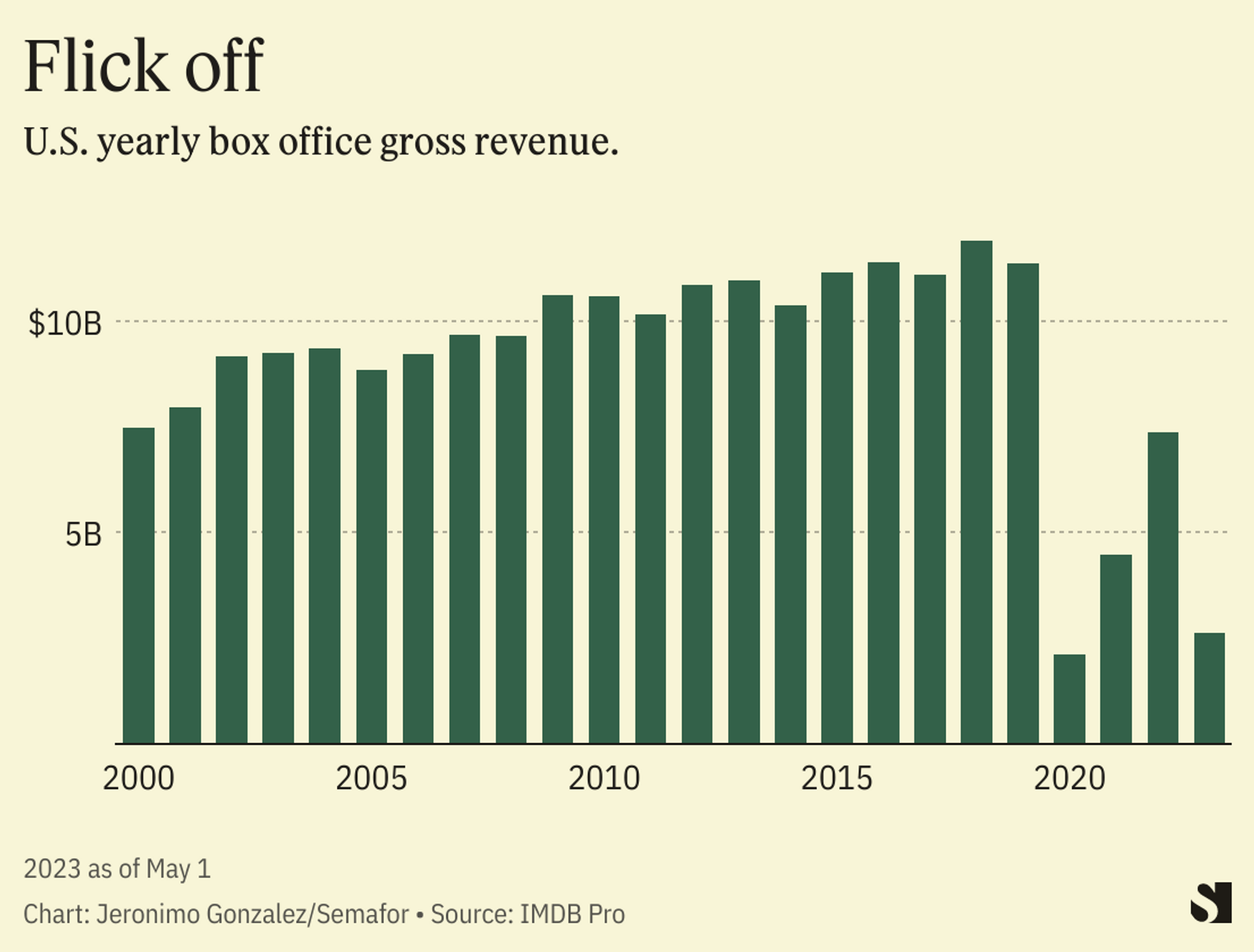
Table of Contents
Financial Ramifications of the Actors and Writers Strike
The Actors and Writers Strike isn't just a creative standstill; it's a financial crisis brewing for the entire entertainment industry. The ripple effects are vast, impacting major studios, streaming platforms, and countless individuals whose livelihoods depend on Hollywood's success.
Production Shutdowns and Budgetary Concerns
The strike has effectively halted almost all major film and television production. This translates to:
- Massive financial losses: Studios and production companies are hemorrhaging money daily due to stalled productions. The cost of maintaining pre-production infrastructure, sets, and other resources while production is idle is substantial.
- Delayed releases: Postponed release dates mean millions in lost potential box office revenue and delayed streaming premieres, affecting marketing campaigns and audience anticipation.
- Independent productions at risk: Smaller, independent productions are particularly vulnerable, often lacking the financial reserves to weather a prolonged strike. Many face complete project cancellation.
- Increased insurance costs: The uncertainty surrounding the strike's duration is driving up insurance premiums for future productions, adding another layer of financial burden.
Impact on Streaming Services
Streaming services, a significant force in the entertainment landscape, are also feeling the heat of the Actors and Writers Strike.
- Content shortages: The lack of new content threatens to impact subscriber numbers, as viewers may seek alternative entertainment options.
- Subscriber churn: Delayed releases of highly anticipated shows and movies can lead to subscriber dissatisfaction and cancellations, directly impacting revenue.
- Original content creation hampered: The strike directly affects the creation of original content, a major selling point for these platforms, threatening their ability to compete and attract new subscribers.
Job Losses Beyond the Screen
The impact of the Actors and Writers Strike extends far beyond the actors and writers themselves.
- Crew members affected: Thousands of crew members—from camera operators and editors to grips and gaffers—are facing unemployment.
- Local economies suffer: Cities and towns reliant on film and television production are experiencing economic downturns, affecting local businesses and the overall community.
- Ripple effect on related industries: Hotels, restaurants, transportation services, and other businesses that support film productions are also experiencing significant financial losses.
Creative Implications of the Actors and Writers Strike
The Actors and Writers Strike isn't just about money; it's about creative control and the future of storytelling in Hollywood.
Impact on the Creative Process
The strike highlights deep-seated concerns within the industry:
- Fair compensation and creative control: The strike amplifies ongoing debates about fair wages and residuals, particularly in the streaming era, and the level of creative input actors and writers should have.
- Uncertain future for projects: Numerous projects are in limbo, their futures uncertain until the strike is resolved, creating uncertainty for the involved talent and potentially leading to project abandonment.
- Potential for long-term changes: The strike may ultimately lead to significant changes in production methods, contracts, and the overall power dynamic between creatives and studios.
The Future of Storytelling
The strike is forcing a critical examination of the entertainment industry:
- Evolving entertainment landscape: The strike compels a conversation about the shifting landscape of entertainment, the role of streaming services, and the changing relationship between creators and audiences.
- New models of content creation: The strike may accelerate the exploration and adoption of alternative content creation and distribution models.
- Impact on content quality and diversity: The long-term impact on the quality and diversity of Hollywood content remains uncertain, depending on the resolution of the strike and its effects on the creative ecosystem.
Negotiations and Potential Resolutions of the Actors and Writers Strike
The resolution of the Actors and Writers Strike hinges on successful negotiations between the unions (the Writers Guild of America – WGA and the Screen Actors Guild – American Federation of Television and Radio Artists – SAG-AFTRA) and the Alliance of Motion Picture and Television Producers (AMPTP).
Key Demands of the WGA and SAG-AFTRA
The unions' key demands center on several crucial issues:
- Fair wages and residuals in the streaming era: The shift to streaming has drastically altered the compensation models for actors and writers, leading to demands for fairer payment structures that reflect the success of streaming platforms.
- AI protections: The unions are demanding protections against the unauthorized use of AI in writing and acting, ensuring that human creatives are not replaced by technology.
- Improved health and pension plans: The unions are seeking improvements to their health and pension plans to ensure the long-term well-being of their members.
The Studio's Response and Counter-Proposals
The studios' response has, so far, been met with dissatisfaction by the unions:
- Insufficient counter-proposals: The AMPTP's counter-proposals have been deemed insufficient to address the core concerns raised by the unions.
- Economic realities vs. creative demands: The ongoing tension lies in balancing the economic realities of the industry with the justifiable demands of the creatives.
- Potential for a prolonged strike: Without significant compromises, the strike could continue for an extended period, exacerbating the financial and creative damage.
Public Opinion and the Impact on Negotiations
Public support for the striking actors and writers is playing a critical role:
- Pressure on studios: The significant public support is exerting pressure on the studios to negotiate in good faith and reach a fair agreement.
- Power of collective action: The strike demonstrates the power of collective action and its ability to influence industry practices and policies.
- Shaping the future of entertainment: The ultimate outcome will significantly shape the future of the entertainment industry, impacting working conditions, compensation models, and the creative process for years to come.
Conclusion
The Actors and Writers Strike is a watershed moment in Hollywood history, presenting unprecedented financial, creative, and social challenges. The prolonged shutdown is impacting various sectors of the industry, emphasizing the crucial roles of actors and writers. The outcome of the negotiations will not only affect immediate financial losses but also reshape the future of filmmaking, television, and the very nature of storytelling. Understanding the complex issues at stake—from fair compensation and creative control to the role of AI—is essential for navigating the ongoing impact of this pivotal Actors and Writers Strike. Stay informed about the latest developments and support the ongoing efforts to find a fair and just resolution to the strike. The future of entertainment depends on it.

Featured Posts
-
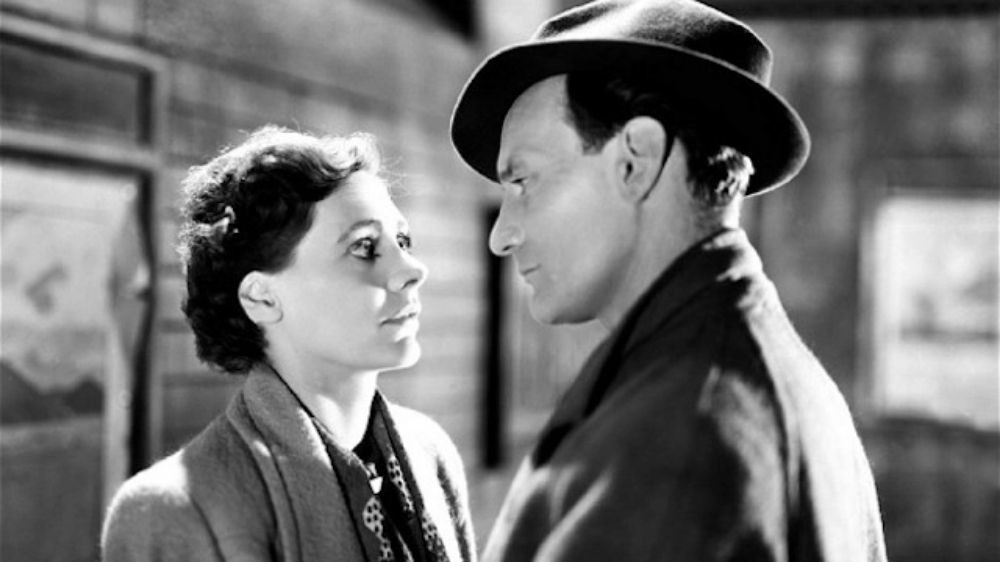 10 Essential British Pop Films For Movie Buffs
May 26, 2025
10 Essential British Pop Films For Movie Buffs
May 26, 2025 -
 Soerloth Un La Liga Firtinasi Ilk 30 Dakikada 4 Gol
May 26, 2025
Soerloth Un La Liga Firtinasi Ilk 30 Dakikada 4 Gol
May 26, 2025 -
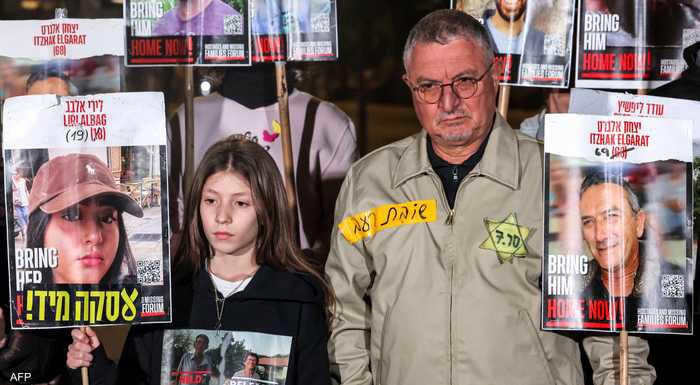 Ahtjajat Mtwaslt Btl Abyb Mtalb Bieadt Alasra
May 26, 2025
Ahtjajat Mtwaslt Btl Abyb Mtalb Bieadt Alasra
May 26, 2025 -
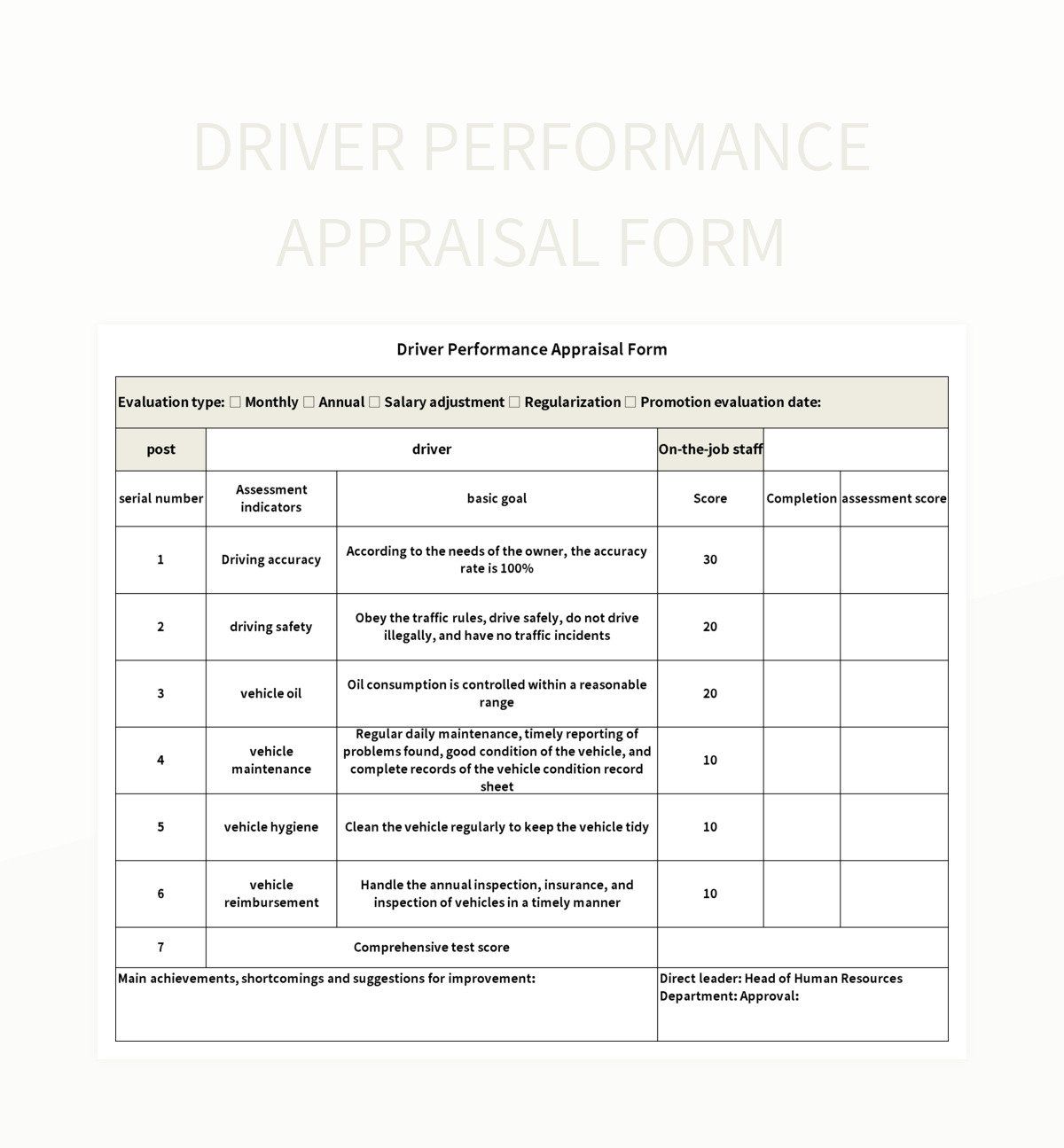 Beyond 40 A Statistical Look At Formula 1 Driver Performance
May 26, 2025
Beyond 40 A Statistical Look At Formula 1 Driver Performance
May 26, 2025 -
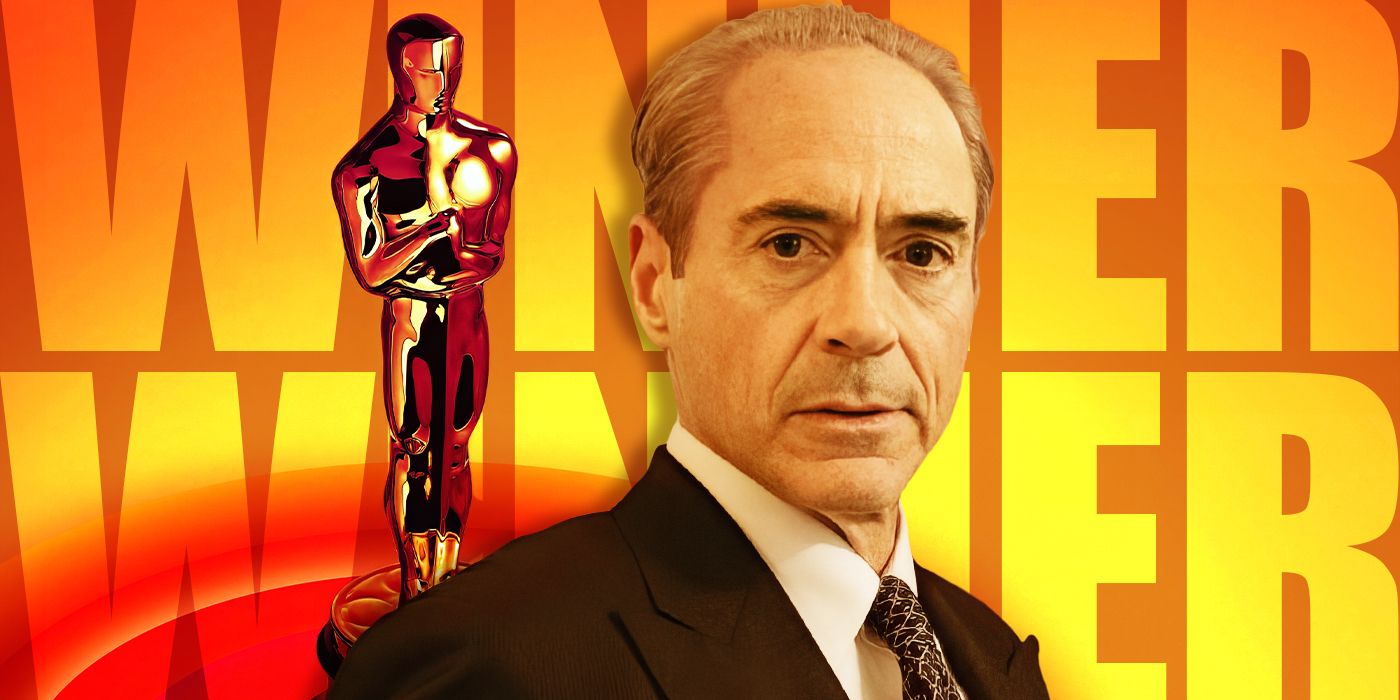 Robert Downey Jr S Role In Jamie Foxxs All Star Weekend A Look At Cultural Representation
May 26, 2025
Robert Downey Jr S Role In Jamie Foxxs All Star Weekend A Look At Cultural Representation
May 26, 2025
